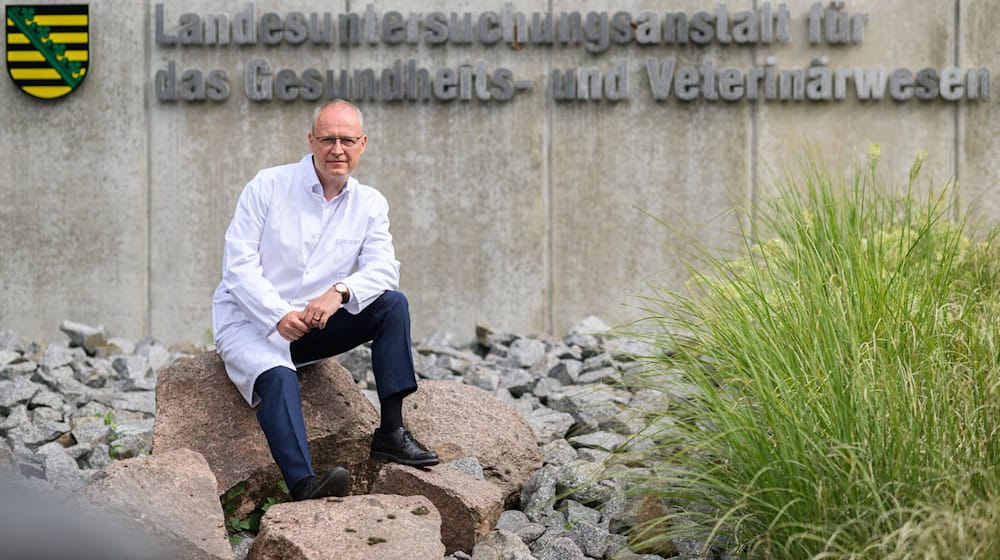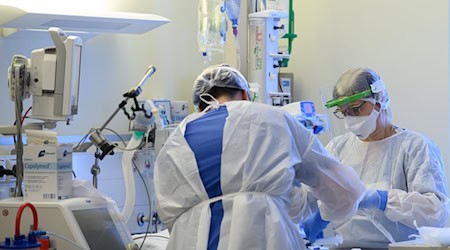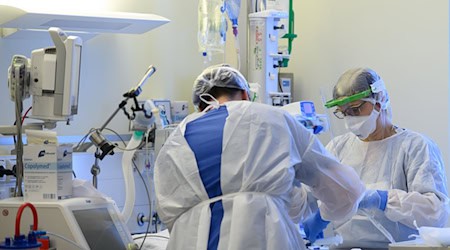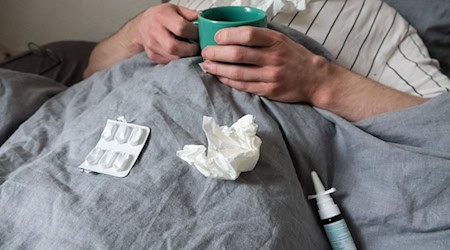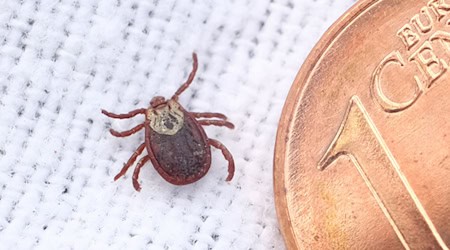The so-called perpetuating chemicals PFAS were found in more than half of animal food samples in Saxony in 2023. "This is not specific to Saxony, but is the case throughout Europe," said Jens Albrecht, President of the State Research Institute of Saxony (LUA), at the presentation of the LUA Annual Report 2023 in Dresden on Wednesday.
However, the level was below the EU upper limit in all cases. "So no cause for alarm in this respect," said Albrecht. The LUA tested a total of 114 animal food samples (egg, fish, meat and milk) for the chemicals. The LUA found particularly high levels in the wild boar samples.
In the area of food and feed monitoring, particular attention was paid to testing for so-called perpetuation chemicals (PFAS). These chemicals are used as a coating for rain jackets, Teflon pans and personal care products due to their water and grease-repellent properties. They are very difficult to break down and therefore accumulate in nature and also in food.
PFAS pose health risks. For example, a reduced vaccination response has been observed in infants with a high PFAS content in their blood, explained Albrecht. "It is good if PFAS are not present in our food and therefore do not get into our bodies," he added.
0.2 percent of food samples are hazardous to health
The LUA examined a total of 20,000 food samples. The complaint rate was 17.4 percent, but only 0.2 percent were classified as harmful to health. The other complaints mainly concerned misleading or non-compliant labeling. Overall, the results show that food in Saxony is safe, said Health Minister Petra Köpping (SPD).
Albert cited prawns as an example of inadequate labeling. "We have noticed that there are certain tendencies to commit consumer fraud," said Albert. For example, the sales weight is increased due to an increased water content, which leads to protein flocculation, reduced nutritional and taste value and increased salt content.
The LUA noted a positive development in the area of veterinary medicine: African swine fever (ASF) continues to play a dominant role, she said. However, ASF detections declined for the first time in 2023: the number fell by more than half to 408 (2022: 947). "This is really good news," said Köpping. This is an important success, especially for pig farmers in Saxony.
Copyright 2024, dpa (www.dpa.de). All rights reserved

